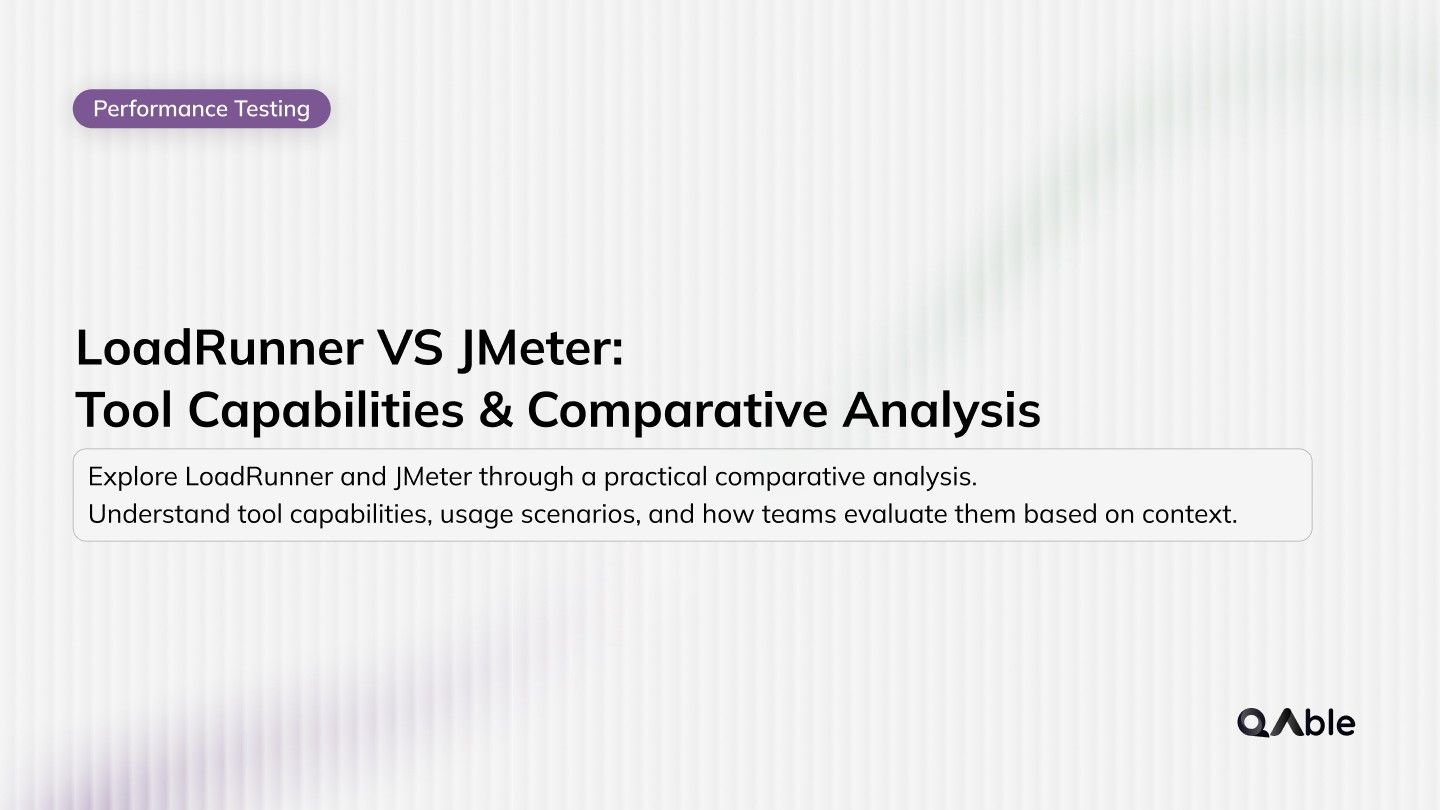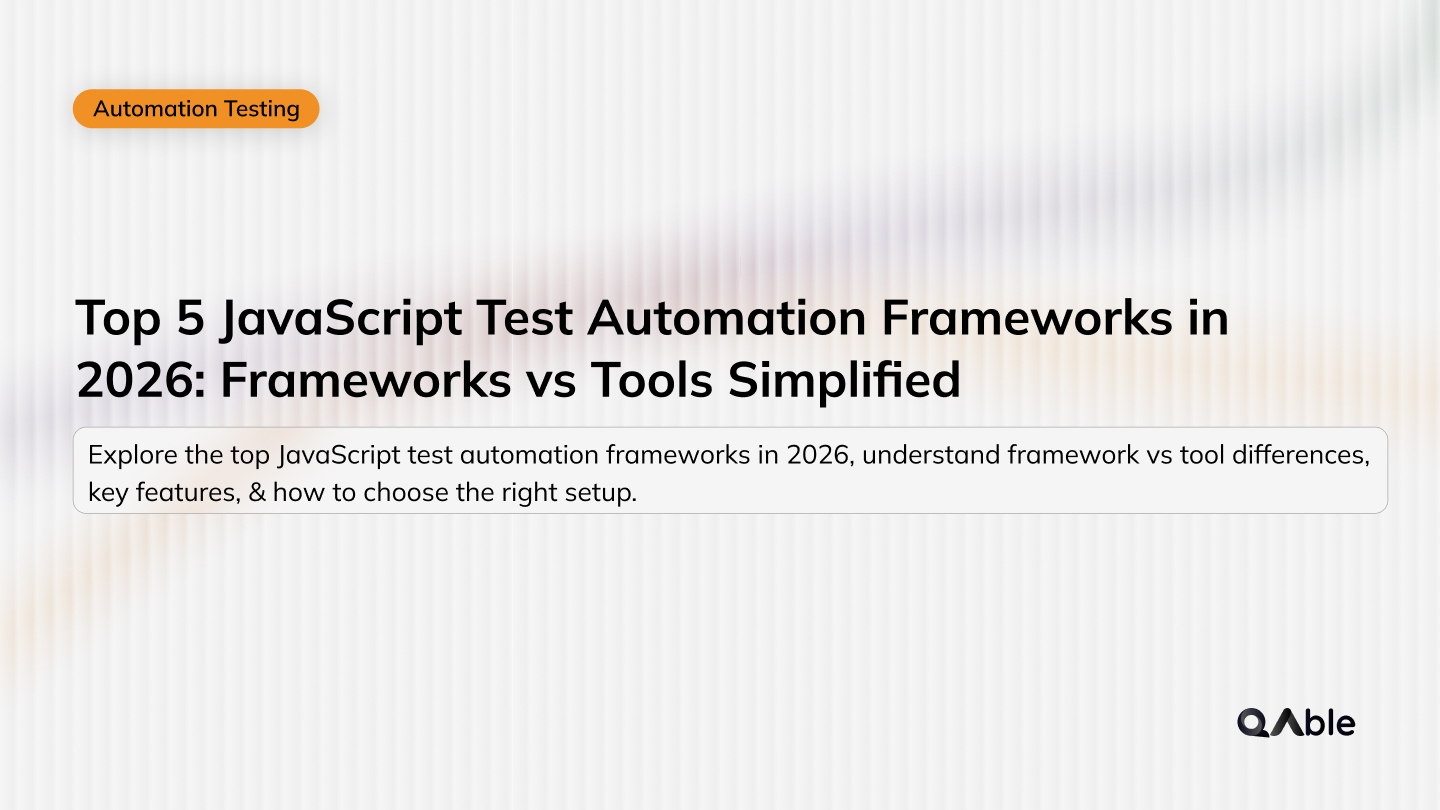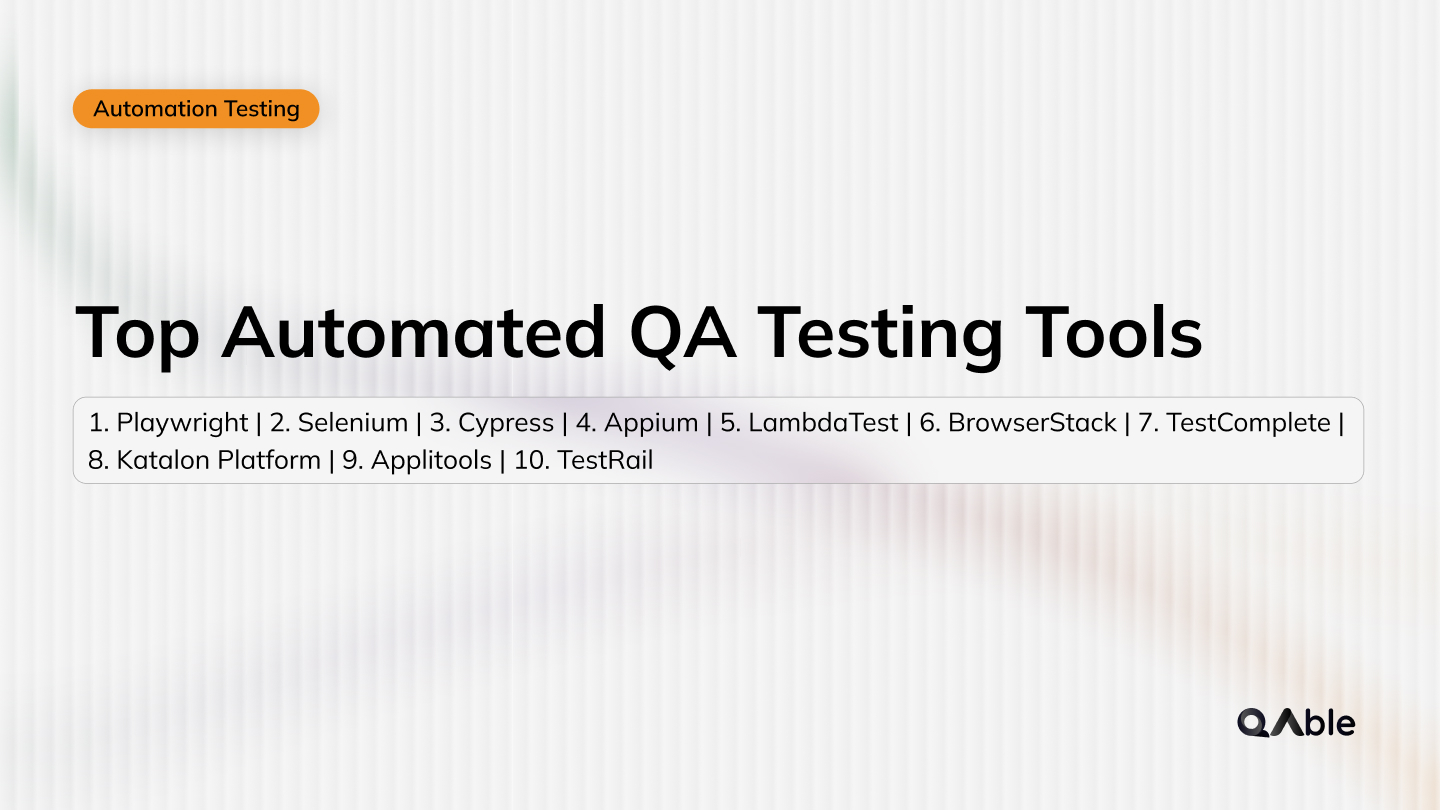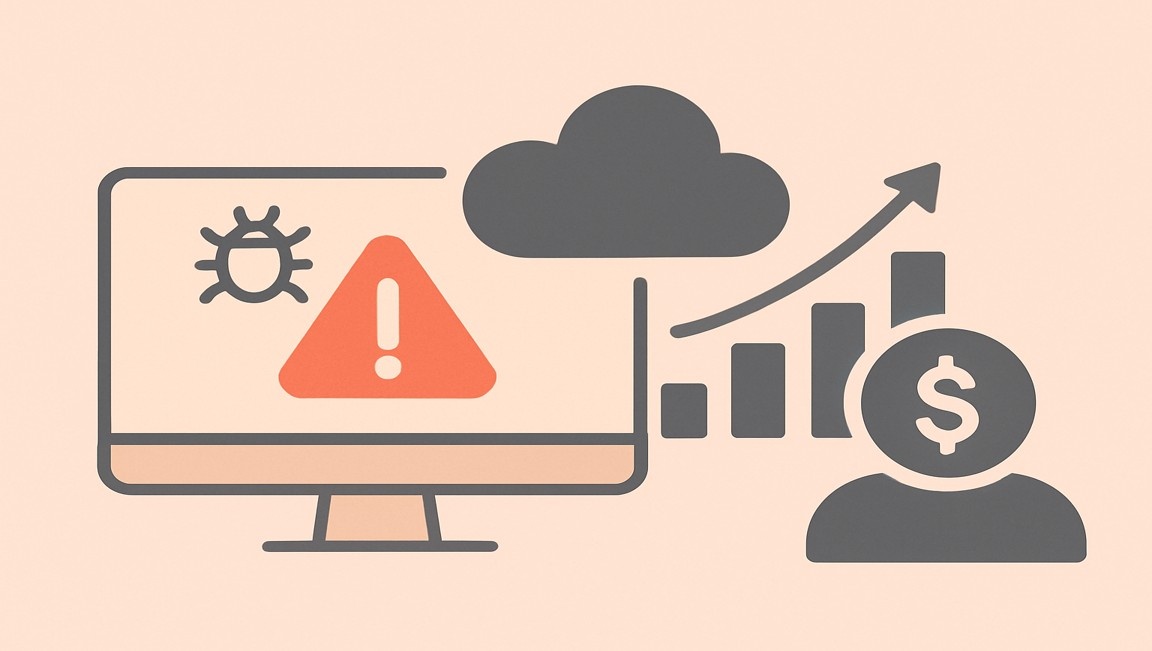Table of content
SHARE THIS ARTICLE
Is this blog hitting the mark?
Contact Us
Table of Contents
- Let’s discuss the concept of ERP Testing :-
- Quality Assurance team
- Types of ERP Software Testing
ERP (Enterprise Resource Planning) has made an effective contribution is the industries and reduces all the manual errors by 90%. Furthermore, with the implementation of relevant ERP, the industries have earned more profit in a quick time.
As per our analysis, none of the businesses are untouched by the influence of ERP. Actually, we all deal with some kinds of ERP on daily basis such as schools use the solution in order to manage students, teachers, Home Works, notices, important announcements, etc.
whereas, hospitals are taking its benefits by maintaining details of all the patients, their medicines, doctors, therapies, etc. Hence ERP has increased the productivity of all types of industries like Banking, Telecom, Retail Market, Manufacturing units, Insurance, logistics, games, etc.
Now, if the ERP solutions have this much potential, it must work with accuracy from the ground level. It makes ERP software testing mandatory.
Testers ensure smooth working of ERP solutions through various levels of testing, and after getting satisfied, the software becomes available in the public domain.
Let’s discuss the concept of ERP Testing :-
We all are pretty aware that without proper testing, nothing goes to audiences. People of the present time are smart and intelligent enough to understand the flow of any new application.
Also, the competition is increasing day by day. Businesses have limited opportunities to sustain themselves in the market. By keeping all these kinds of stuff in mind, the QA team makes sure to test the ERP software precisely to deliver the best user experience.
Why should one consider ERP software testing?
Technology is growing day by day, and creators make something new almost on a daily basis. As per the studies, 90% of the ERP solutions fail because of errors and bugs.
Millions of ERP solutions have not achieved deserving recognition due to a lack of features and functionalities. Hence to rule the digital world and increase the revenue growth of the organization, Testing of ERP software becomes essential. Ignoring testing will lead to losses only.
Let’s discuss the concept of ERP Testing :-
Technology is growing day by day, and creators make something new almost on a daily basis. As per the studies, 90% of the ERP solutions fail because of errors and bugs.
Millions of ERP solutions have not achieved deserving recognition due to a lack of features and functionalities. Hence to rule the digital world and increase the revenue growth of the organization, testing of ERP software becomes essential. Ignoring testing will lead to losses only.
A quality ERP software solution
- Empowers the outgrowth of an organization.
- Increases the potential.
- Manages all internal operations and team.
- Properly coordinates with clients and projects.
- Executes tasks in lesser time.
- A complete cost-effective solution.
Quality Assurance team
In order to test and analyze the workability of ERP software, two teams take part. To verify the smoothness of ERP software, the team performs testing in multiple phases and environment.
Two teams are..
- Core Testing Team: The team is responsible to test the static features of the ERP solutions. The team should ensure the quick execution of ERP solutions under all possible environments.
- Implementation Testing Team: To validate the dynamic functionalities of the ERP software, the implementation testing team create their plan. They have to consider all possible combinations of operating systems and browsers to deliver well-defined software.
The testing team confirms ERP software on various aspects and delivers the product as per the demand of the user.
Types of ERP Software Testing
Below mentioned are different types of software testing :-
#1- User Interface Testing
Interface puts life in your software. ERP software should always have a creative, appealing, and interactive interface. Testers analyze the interface by keeping an end-user in mind.
The software should be equally friendly with the non-technical as well as technical people. QA team performs interface testing on priority and validates the appeal of design across all devices and browsers.
#2- Module Testing
The development of ERP software begins with modules and, later on, a compilation of all modules takes place to build the whole solution.
Prior to compiling all the modules, testers validate the feature and response of individual modules in order to minimize the risk after compilation.
Ignoring this step may push developers to spend a lot more time examining because the identification of bugs would be challenging.
#3- Functional Flow Testing
Functional flow of a software is just like a backbone and it takes place to meet the requirements of the related industry. The solution should generate accurate reports without any delays and crashes.
The testing team validates the functional flow of the ERP software by comparing its requirement from the clients. In case of bugs, the testing team sends it back to the development to take the required action.
#4- Installation Testing
We all are aware that ERP solutions need to install first (one time) in any system prior to use. The installation process should be quick and easy so that anyone could install the same without any hassle.
Lots of applications are there that create trouble during installation, and users outright reject it at the moment. To protect the software from such activity, the QA team takes care of installation testing.
#5- Load Testing
Team of testers always checks the load time during ERP Software Testing. Users never prefer the systems bulky in nature and take time to load.
Hence the QA team always tests the load time of the solutions under multiple situations by making possible setups of environment.
#6- Security Validation
Security is the most important aspect of any solution. As we know, ERP solutions deal with data as well as personal information of users, and hence the QA team does not compromise during security testing.
The whole development is a waste if the ERP solution is not secure. The team performs the testing by keeping all hacking methods in mind and prefers to use the most secure protocol in order to protect the system from any kind of external hacks.
In the following section, we are mentioning a checklist that should be in mind during ERP Software Testing:
- Keep the total number of modules in mind.
- Testers should have an idea of the estimated number of users.
- Create a feasible environment/scenario to test the ERP software.
- Make proper planning prior to start testing by following the steps of STLC (Software Testing Life Cycle).
- Ensure the methods to collect test data.
Discover More About QA Services
sales@qable.ioDelve deeper into the world of quality assurance (QA) services tailored to your industry needs. Have questions? We're here to listen and provide expert insights


Nishil Patel is the Co-founder of QAble, delivering advanced test automation solutions with a focus on quality and speed. He specializes in modern frameworks like Playwright, Selenium, and Appium, helping teams accelerate testing and ensure flawless application performance.
.svg)














.webp)
.webp)
.png)
.png)











.png)



.png)

.png)

.png)






.jpg)












.webp)

